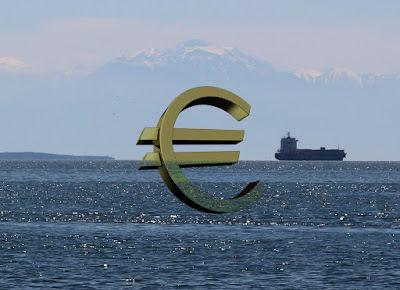Alan Greenspan, The Age of turbulence
Chosen extracts
Discomfort index = unemployement rate + inflation rate
1971. Nixon announces wage and price controls to cure inflation
1975. Ford deregulation as advised by the Chicago School (Milton Friedman and al)
"Deregulation greatly increased the economy's flexibility and resilience"
1979. Fed Chairman Volcker decides to clamp down on the amount of money available in the economy in order to reduce inflation. This caused economic misery - severe recession - but after 3 years, inflation was fully in check
1990. GDP replaces GNP as standard measure of aggregate output.
1991. Fall of the USSR.
Chaos -> End of price control -> Hyperinflation -> Massive privatization -> Oligarch rule
"Forced to make the shift overnight, the soviets achieved not a free-market system but a black-market one."
Dutch disease. In 1970, natural gas was discovered in the Netherlands. Foreign demand for gas exports drove the price of the currency up, making all other export products less competitive.
Statistics show that resource-rich developing coutries perform markedly worse in terms of GDP than resource-poor countries. Their social indicators are also below average.
Japan lost decade. 1990. Stock and real-estate crash. Japanese banks became heavily invested in loans backed by real-estate, as real-estate prices soared. When the turn came and prices cascaded downwards, the collateral became inadequate. But instead of calling the loans, as most Western banks would do, the bankers refrained. It took years and many governments bail-outs before real-estate prices stabilized and the banking system returned to normal lending, with realistic estimates of bank loans and, hence, capital. The recovery was so long because the Japonese purposely accepted hugely expensive economic stagnation to avoid a massive loss of face for many companies and individuals.
By 1989, the value world investors placed on the land on which the Imperial Palace resides was said to be equal to the value of all the real-estate in California.
1991. Deregulation by Indian finance minister Manmohan Singh.
1997. Deng Xiaoping "One country, two systems". China, instead of replacing Hong Kong's culture and economy with its Chinese imprint has found itself increasingly influenced by Hong Kong.
America may have lost the battle of North Korea (1950) and South Vietnam (1975) but it sure has won the battle of ideas. China and Vietnam have turned to capitalism and opened their borders to trade with the US, the American way.

